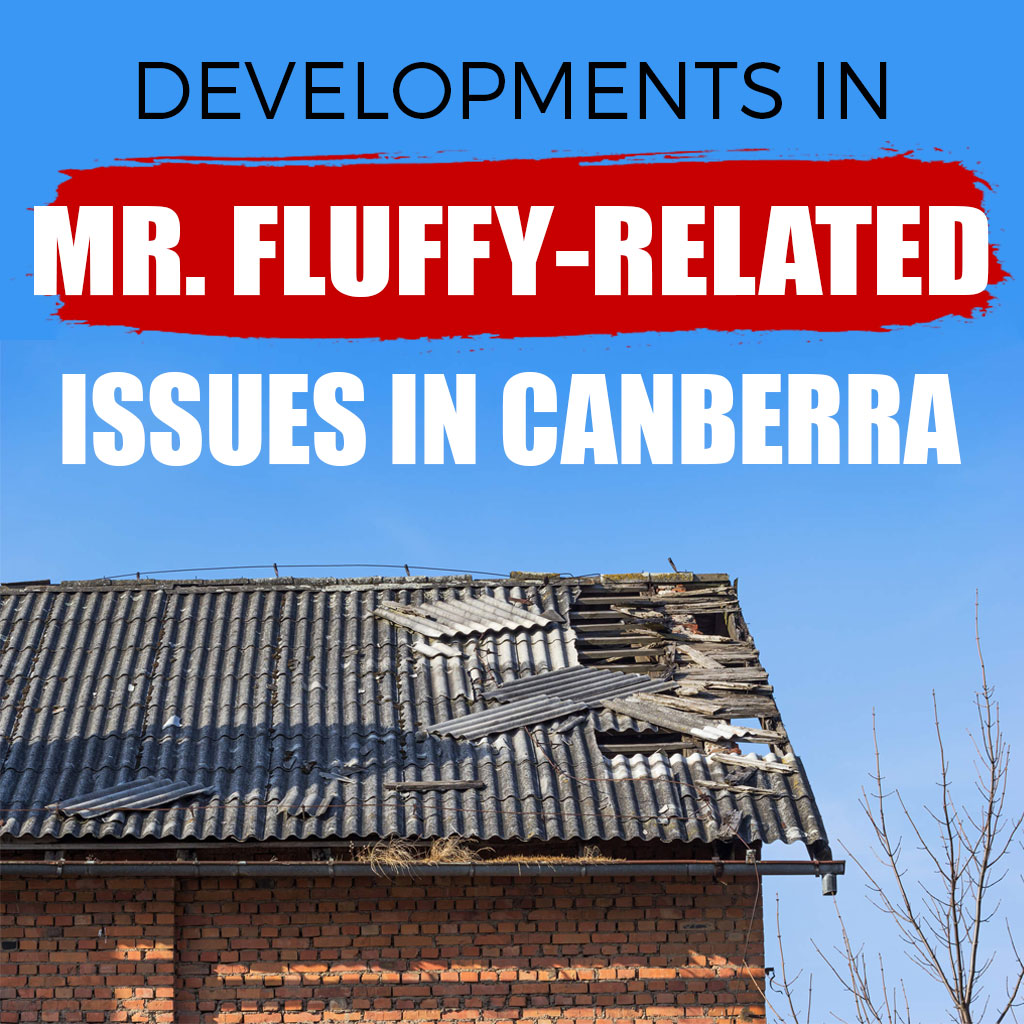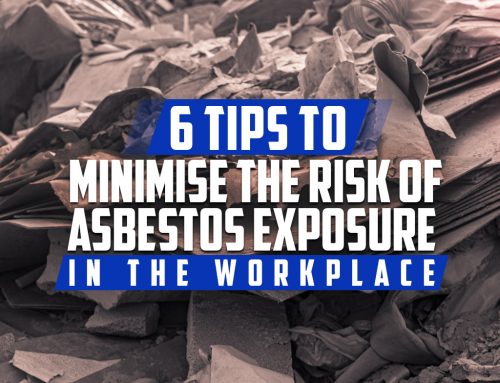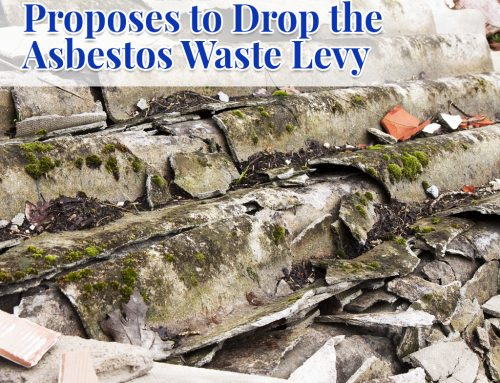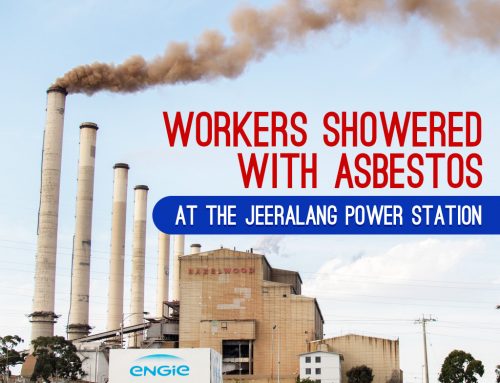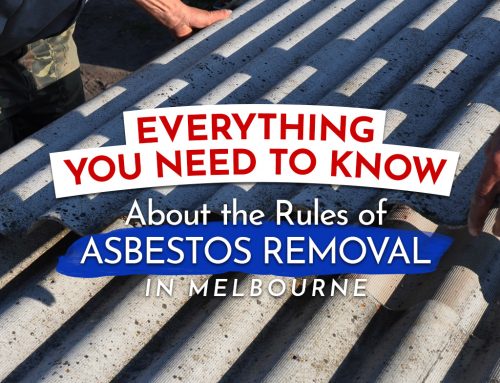After being reported in 2014 that there are over 1,000 Mr. Fluffy homes discovered in Canberra, the number of asbestos-contaminated homes discovered continues to ramp up. Since the recent discovery of contaminated homes that were missed in the Commonwealth clean-up in the late 1980s, the Australian Capital Territory government has been demolishing Mr. Fluffy home remnants.
Mr. Fluffy is a Canberra-based company that supplied loose-fill asbestos insulations to more than over 1,000 homes in Canberra and several others in New South Wales. When inhaled, the material can cause a rare cancer called Mesothelioma that only manifests 20-50 years after exposure.
To date, there have been six Mr. Fluffy houses discovered in addition to the 1000 discovered in 2014. The ACT Asbestos Response told radio station 666 ABC Canberra: “While we’re confident that the original removal program in the 80s and 90s identified almost all of the houses, there have been six that have come to light subsequent to that program.”
Mr. Fluffy home furniture sold to the market?
Consequently, rumors are circulating that furniture from Mr fluffy homes are stolen and sold to the public. Internal audit and Policing criminal Investigations rolled out that suspended the Queensland-based contractor CaylaMax from its demolition work. A month later, the demolition work resumed with a new procedure imposed: only soft furnishings are to be removed from the house. Hard furniture are dismantled, sprayed with dyed bonding and left inside the house as part of the demolition.
Police investigation concluded that there had not been any wrongdoing from the part of the contractor. The investigations was finalised without any criminal charges laid. ACT Policing statement noted: “ACT Policing conducted a thorough investigation, and did not identify any criminal offences or acts of impropriety by current contractors or employees,”
Affected homeowners seek a Board of Inquiry
Meanwhile, owners of asbestos-contaminated homes had been seeking for an offical inquiry to discover how the dangerous loose-fill asbestos insulation was permitted into their homes since.
Owners want to know:
… why Mr. Fluffy was allowed to be sold and installed for more than a decade from 1968 to 1979 despite strong warnings about its concomitant health hazard.
… the ins and outs of the Commonwealth cleanup program of the late 1980’s and 1990’s or why more than a thousand homes missed the cleanup.
… why selling and renting Mr. Fluffy homes were allowed in the last two decades without warning new owners or tenants.
… why the ACT government permitted renovations of such homes without addressing the asbestos issue.
ACT Chief Minister Andrew Barr had asked the Commonwealth government for “financial support for a process that looks at the history of the issue”, however, it had “not been forthcoming”. In a statement reported by the Canberra Times in March, he insist on his commitment to undertake the inquiry, but months later he held back and said that it is “not a priority.”
In September, Mr. Barr released his official correspondence with Prime Minister Malcolm Turnbull. He wrote: “The proposal for a royal commission into the Commonwealth, NSW and ACT governments’ response to the toxic legacy of loose-fill asbestos in over 1000 Canberra region homes (Mr Fluffy), whilst important, is not a priority,” And further noted, “The current priority is to focus our efforts on supporting residents.”
Free-trade leaves Australia vulnerable to asbestos-contaminated materials from abroad
In August, three Canberra buildings are underwent asbestos tests for suspected asbestos-contaminated materials (ACM) supplied by a company associated with asbestos issues in Perth and Brisbane.
Yuanda, a Chinese company that supplied asbestos-containing roof panels to children’s hospital in Perth and metal skirting in a government building in Brisbane has supplied materials to Sirius building, City West Offices and a building at section 54 in Kingston.
Free trade is blamed for permeating ACM in Australia. Unfortunately, there are countries that are yet to criminalize asbestos. ACT secretary Dean Hall told Canberra Times: “It’s [asbestos] laced through a lot of products. It’s a major concern, and the question is how is the authority and how is the government going to protect Canberrans and Australians from asbestos and other products,”
